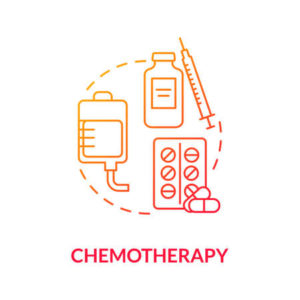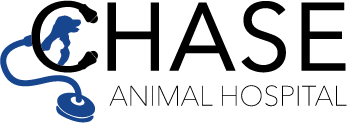Like us, animals such as dogs, cats, ferrets, and rabbits can get cancer. Fortunately, however, some forms of cancer are curable. In addition, recent advancements in cancer treatment can dramatically extend the lives of many dogs and cats. Treatments such as chemotherapy, radiation therapy, and surgery may be used to stop the spread of cancer and remove or destroy cancer cells and tumors.
You can help prevent some forms of cancer by having your pet spayed or neutered at an early age, but most cancers cannot be prevented. This is why early detection is one of our best weapons against this disease.
Regular veterinary visits can help us keep track of what is normal for your pet, as well as detect anything suspicious. However, because we typically only see your dog or cat once or twice a year, we also rely on your knowledge of your pet to catch any potential issues early. Contact us right away if you notice any changes in your pet’s physical appearance or behavior (such as lumps or bumps, sores that don’t heal, vomiting, diarrhea, or changes in eating habits).

In the unfortunate event your pet is diagnosed with cancer, our caring and understanding doctors will recommend and review a diagnostics and care plan based on the type cancer we are dealing with.
While some forms of chemotherapy can only be administered at registered and certified chemo facilities, we are able to help with continued care for other types of chemo drugs that can be administered in our clinic or given at regular intervals at home.
Our doctors also realize  chemotherapy may not be the best choice for some pets or their family, and we strive to provide caring support during your pets remaining time with you. We offer palliative care to keep your pet as comfortable as possible until it is time to end their suffering.
chemotherapy may not be the best choice for some pets or their family, and we strive to provide caring support during your pets remaining time with you. We offer palliative care to keep your pet as comfortable as possible until it is time to end their suffering.
If you struggle to know “when the time is right” check out this Quality of Life questionnaire to help you learn the signs to look for decline in your pet: Lap of Love Quality of Life Assessment

